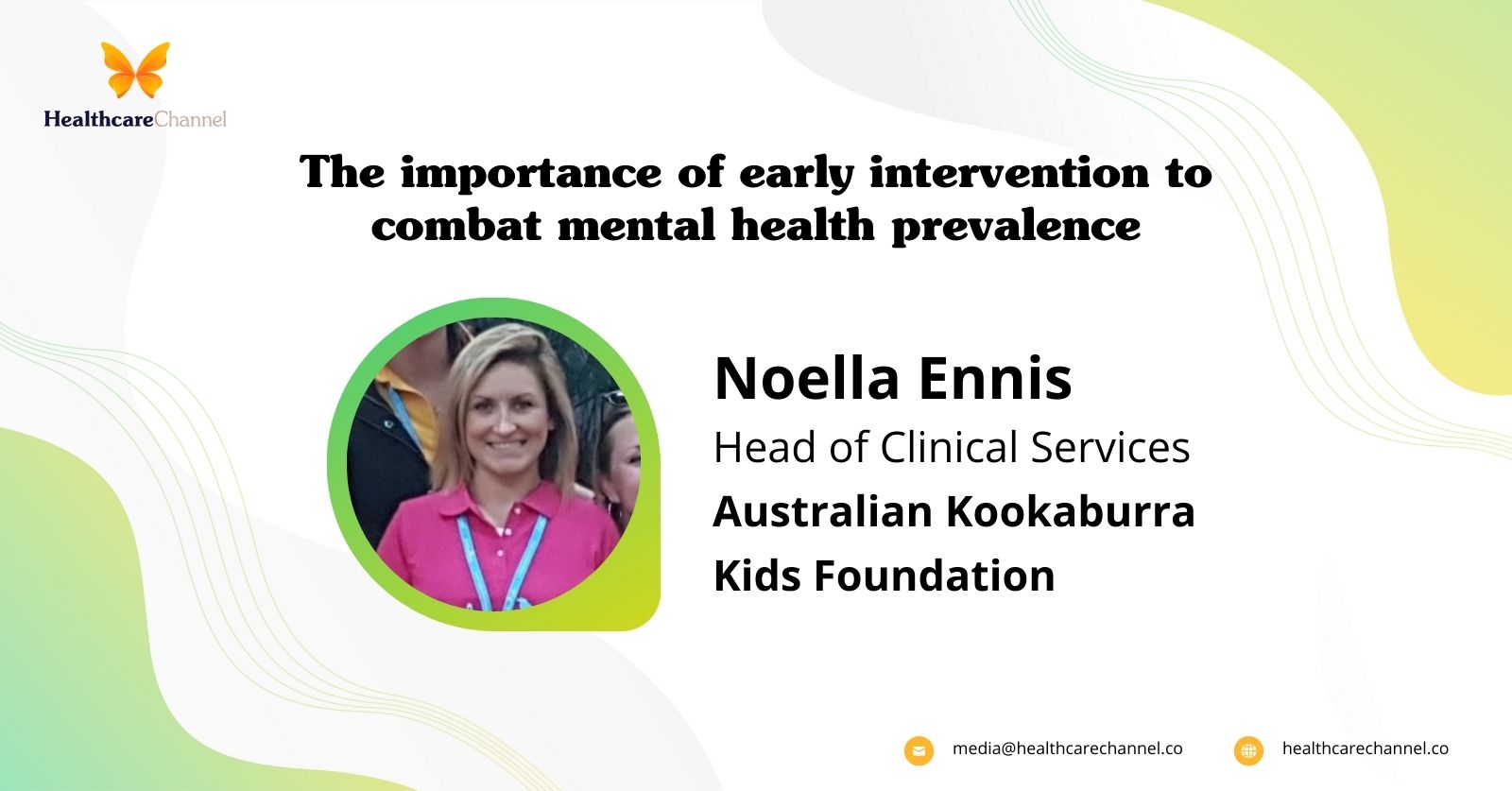ATAGI recommendations on the use of COVID-19 vaccines are stated in the Clinical guidance on the use of the COVID-19 vaccine in Australia in 20211. ATAGI has reviewed its clinical advice in the setting of increasing community COVID-19 cases in Australia. Recommendations for non-outbreak settings remain unchanged.
This statement addresses the specific application of these recommendations in the setting of a significant COVID-19 outbreak involving the Delta variant. This includes:
- the re-assessment of benefits versus risks of COVID-19 Vaccine AstraZeneca for adults under 60 years old
- updated advice about the optimal interval between the two doses of COVID-19 Vaccine AstraZeneca in an outbreak setting.
Recommendations on the use of Comirnaty, the Pfizer COVID-19 vaccine, are unchanged. The jurisdiction(s) where the COVID-19 outbreak occurs will determine when and where these recommendations are applicable, i.e. the response should be based on current epidemiology of the disease.
Recommendations
- ATAGI reinforces that the benefits of vaccination with COVID-19 Vaccine AstraZeneca strongly outweigh the risks of adverse effects in those ≥60 years, and that vaccination is essential for this group in the context of an outbreak.
- Every effort should be made to support vaccination of people in priority groups (e.g., older people, healthcare workers, disability and aged care workers, and those with listed medical comorbidities).
- In the context of a COVID-19 outbreak where the supply of Comirnaty (Pfizer) is constrained, adults younger than 60 years old who do not have immediate access to Comirnaty (Pfizer) should re-assess the benefits to them and their contacts from being vaccinated with COVID-19 Vaccine AstraZeneca, versus the rare risk of a serious side effect.
- While the recommended interval between the first and second doses of COVID-19 Vaccine AstraZeneca is between 4 and 12 weeks, in outbreak situations an interval of between 4 and 8 weeks is preferred. Therefore, people in an outbreak situation who received their first dose of COVID-19 Vaccine AstraZeneca more than 4 weeks ago should contact their vaccine provider to arrange their second dose as soon as possible. In non-outbreak settings, the preferred interval between doses of COVID-19 Vaccine AstraZeneca remains at 12 weeks.
- All people who receive COVID-19 Vaccine AstraZeneca should be provided with information about common and rare but serious side effects, including the symptoms and signs of the thrombosis with thrombocytopenia syndrome (TTS). They should be advised that if they experience any signs or symptoms consistent with TTS, they should seek immediate medical attention.
- Any additional unallocated supplies of both Comirnaty (Pfizer) and COVID-19 Vaccine AstraZeneca should be prioritised to populations and areas of greatest risk of COVID-19.
- Recommendations around the use of Comirnaty (Pfizer) remain unchanged in outbreak settings.
Background
Vaccination is a key public health intervention to prevent infection, transmission and severe disease. In the context of the current COVID-19 outbreak with the new more transmissible Delta (B.1.617.2) variant, ATAGI has reviewed its previous advice on the use of COVID-19 vaccines, along with new information regarding the virus. Currently in Australia, the supply of Comirnaty (Pfizer) remains constrained, while access to COVID-19 Vaccine AstraZeneca is relatively easier.
The Delta variant is more infectious than other strains of SARS-CoV-2. It is unclear if the Delta variant causes more severe disease. Some countries have reported that infections with this variant are associated with higher risk of hospitalisation, need of intensive care, and death, even after differences in age or other factors are accounted for.2,3 In Australia, more infections in the community means that there will be more people with COVID-19 requiring hospitalisations and intensive care unit (ICU) admissions. In addition, the effectiveness of vaccination against infection with a single dose of COVID-19 vaccine, either Comirnaty (Pfizer) or COVID-19 Vaccine AstraZeneca is notably lower against infections with the Delta variant compared with other strains. A two-dose course of vaccination offers optimal protection against both infection and hospitalisation.
Benefits and risks of COVID-19 Vaccine AstraZeneca in outbreak situations
The benefits to the individual of being vaccinated include avoiding severe COVID-19 outcomes, such as hospitalisation, intensive care unit admission and death, as well as chronic post-COVID-19 conditions (‘long COVID’). Other benefits of vaccination including reducing the risk of passing the virus to close contacts including family, friends and work colleagues, and the potential to help reduce community spread of the virus. In outbreak settings, the benefits of COVID-19 Vaccine AstraZeneca are increased compared with non-outbreak settings. When the virus is spreading in the community it is critical that as many people as possible are vaccinated as quickly as possible.
In both outbreak and non-outbreak situations, ATAGI considers the benefits of COVID-19 prevention to outweigh the small risk of adverse events including TTS in those 60 years or older. ATAGI, therefore, reinforces the benefits of vaccination with COVID-19 Vaccine AstraZeneca in these individuals.
In outbreak settings, such as that currently occurring in Sydney, the benefits of vaccination are greater. Given the changes to the risk-benefit equation, ATAGI recommends adults under 60 years who do not have immediate access to Comirnaty (Pfizer) should re-assess the need for vaccination with AstraZeneca given these greater benefits. This changing risk-benefit balance is illustrated in previously published scenarios.4 For context, the current cumulative risk of COVID-19 for residents of Sydney to 11 July 2021 is approximately 10 per 100,000 and is increasing by 2 additional cases per 100,000 per day. Although overall this is comparable to the Australian first wave (cumulative incidence 29 per 100,000), the ongoing risk would be considerably greater in some parts of Sydney and for specific populations. For example, in Fairfield Local Government Area, the cumulative risk to date is >100 per 100,000 and has increased by >10 cases per 100,000 per day in the past week.
COVID-19 Vaccine AstraZeneca is associated with a small but significant risk of adverse events following immunisation. The most important of these is TTS, a rare but potentially serious adverse event.5 ATAGI has previously advised that it is important to: a) weigh up the benefits of vaccination, when compared with the risks of harm of TTS from COVID-19 Vaccine AstraZeneca and b) be aware of the symptoms and signs of TTS in order to get prompt and effective treatment in the rare situation that TTS occurs. The latest cumulative estimates of the rates of TTS by age group, and a discussion of the spectrum of severity of TTS are available in the ATAGI update following weekly COVID-19 meeting – 7 July 2021 and the Therapeutic Goods Administration COVID-19 vaccine weekly safety report.6,7
Recommended interval between COVID-19 Vaccine AstraZeneca doses in outbreak situations
Earlier trials of COVID-19 Vaccine AstraZeneca suggested that there is a trend towards a higher vaccine efficacy with a longer interval between the two doses of this vaccine. The protective efficacy against symptomatic COVID-19 was 55% (95% confidence intervals [CI]: 33, 70%) when the two doses were given 4 weeks apart, compared to 81% (95% CI: 60, 91%) when given 12 weeks apart.8 On this basis, ATAGI recommends a routine preferred interval of 12 weeks between the first and second dose of COVID-19 Vaccine AstraZeneca, but noted that “shortening the interval from 12 weeks to no less than 4 weeks between doses is acceptable and may be appropriate in certain circumstances, for example, imminent travel or anticipated risk of COVID-19 exposure.”1
The protection of vaccines against infection and hospitalisation with the recently emerging Delta variant has been studied internationally. A single dose of COVID-19 Vaccine AstraZeneca reduces the risk of symptomatic infection by around 30% (95% CI: 24%, 35%) and hospitalisation by 71% (95% CI: 51, 83%).9 However, two doses of COVID-19 Vaccine AstraZeneca reduces the risk of symptomatic infection even further, by 67% (95% CI: 61%, 72%), and the risk of hospitalisation by 92% (95% CI: 75, 97%).9 Thus, shortening the gap between first and second doses will bring forward short term protection, which is expected to be beneficial in outbreak situations. On this basis, an interval of between 4 and 8 weeks between the first and second doses of COVID-19 Vaccine AstraZeneca is preferred in an outbreak situation. In non-outbreak settings, the preferred interval between doses of COVID-19 Vaccine AstraZeneca remains at 12 weeks.
A similar incremental benefit in protection following second doses of Comirnaty (Pfizer) is observed but given the short dosing interval (of 3 to 6 weeks), these recommendations are unchanged in outbreak and non-outbreak settings.
Based on a city where the mountain meets the sea and where antique houses line the streets, my mind is free to wonder, to wander and to write.























